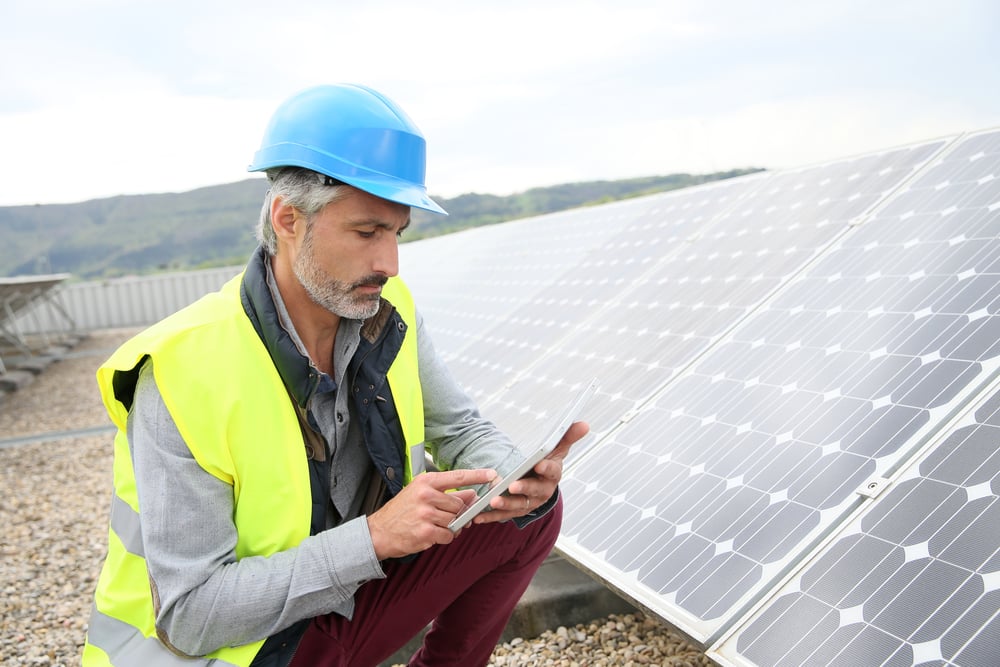
HMRC have just deferred the introduction of the domestic VAT reverse charge another 6 months to 1 March 2021, this time due to the impact of coronavirus on the construction sector.
In the 2019 Spring Statement the government announced their intention to pursue legislation to change how VAT operates in the construction industry. A domestic VAT reverse charge was originally to be introduced with effect from 1 October 2019 but in response to lobbying from the construction and accounting industries this was then deferred for 12 months until 1 October 2020. Now, due to the impact of the COVID-19, this has been further deferred until March 2021.
The effect of this change will be that responsibility for paying VAT on supplies of construction services will shift along the supply chain. A substantial amount of VAT is currently being lost through ‘missing trader’ fraud, which is where a supplier charges VAT to a customer and then disappears together with the VAT they have been paid. The construction sector is believed to be an area of high risk, because of the potential to make high-value supplies with low levels of input tax. The Construction Industry Scheme (CIS) already exists to reduce similar avoidance of income tax.
The domestic reverse charge will apply to standard or reduced rate supplies of ‘specified services’, which are basically those that are required to be reported through CIS. It will therefore apply to supplies between parties defined under CIS as sub-contractors and contractors, except where the contractor is an ‘end user’ such as a consumer, landlord or trader who owns the relevant premises.
What is a Domestic Reverse Charge?
The domestic reverse charge already applies to certain other supplies that are perceived to be high-risk, such as mobile phones.
When certain construction or building services are supplied by one VAT-registered business to another VAT-registered business for onward sale, the supplier’s invoice should not include VAT but instead state that the service is subject to the domestic reverse charge. The customer must then account for the VAT due at the relevant rate for that supply in its own VAT return. The customer may then be able to recover that VAT subject to the normal rules – so if it would previously have been able to recover the VAT this would mean no net VAT being due to HMRC.
There is a list of services that are excluded from the charge, which mirrors those supplies that are excluded from CIS.
If either the supplier or customer is not VAT registered then the reverse charge will not apply and the usual VAT treatment should be adopted. This means the changes will not affect the VAT registration threshold for small businesses. HMRC confirm that if there has already been a domestic reverse charge supply on a construction site, any subsequent supplies on that site between the same parties can be treated as domestic reverse charge supplies if both parties agree.
If there is any reverse charge element in a supply then the whole supply will be subject to the reverse charge, including materials. For example, supply and installation of a manufactured item will be subject to the reverse charge in its entirety, even if the installation is a small part of the overall cost.
Software is key
The software that businesses are using, and may have recently adopted for MTD purposes, will need to also be able to cope with the construction services reverse charge. Invoices must include a statement which identifies the supply as a reverse charge supply. The domestic reverse charge is not entirely new, but some software may need to be updated to enable it to be properly processed.
The HMRC guidance states that the amount of VAT due under the reverse charge should be shown on the invoice, but “should not be included in the amount charged to the customer” – it is therefore important to ensure that customers post invoices correctly.
Changes in processes for both sales and purchases will be necessary to ensure correct posting within the systems to facilitate VAT compliance. The changes will affect VAT cashflows, particularly on the initial transition.
VAT remains one of the least understood of all taxes, which is why we set up a specialist VAT advisory department, to help guide businesses through the complex maze of VAT legislation. Our team help with all areas of VAT from relatively basic issues such as initial registration, the completion and submission of VAT returns and advice on how to correct errors and mistakes, through to more complex issues such as assessments, control visits, cross border transactions and DIY house builds. If you have concerns that you might be affected by the change in rules, then why not speak to one of our team?
Other articles of interest:
.jpg)
Brian Gooch
I work extensively in the corporate owner managed business sector, covering transactional taxes, property taxes including Stamp Duty Land Tax and VAT, and all areas of business tax planning. I have considerable experience in maximising tax efficiency by reviewing business structures and planning corporate reorganisations.
View my articlesTags: Land & Property, VAT, Business Taxes

